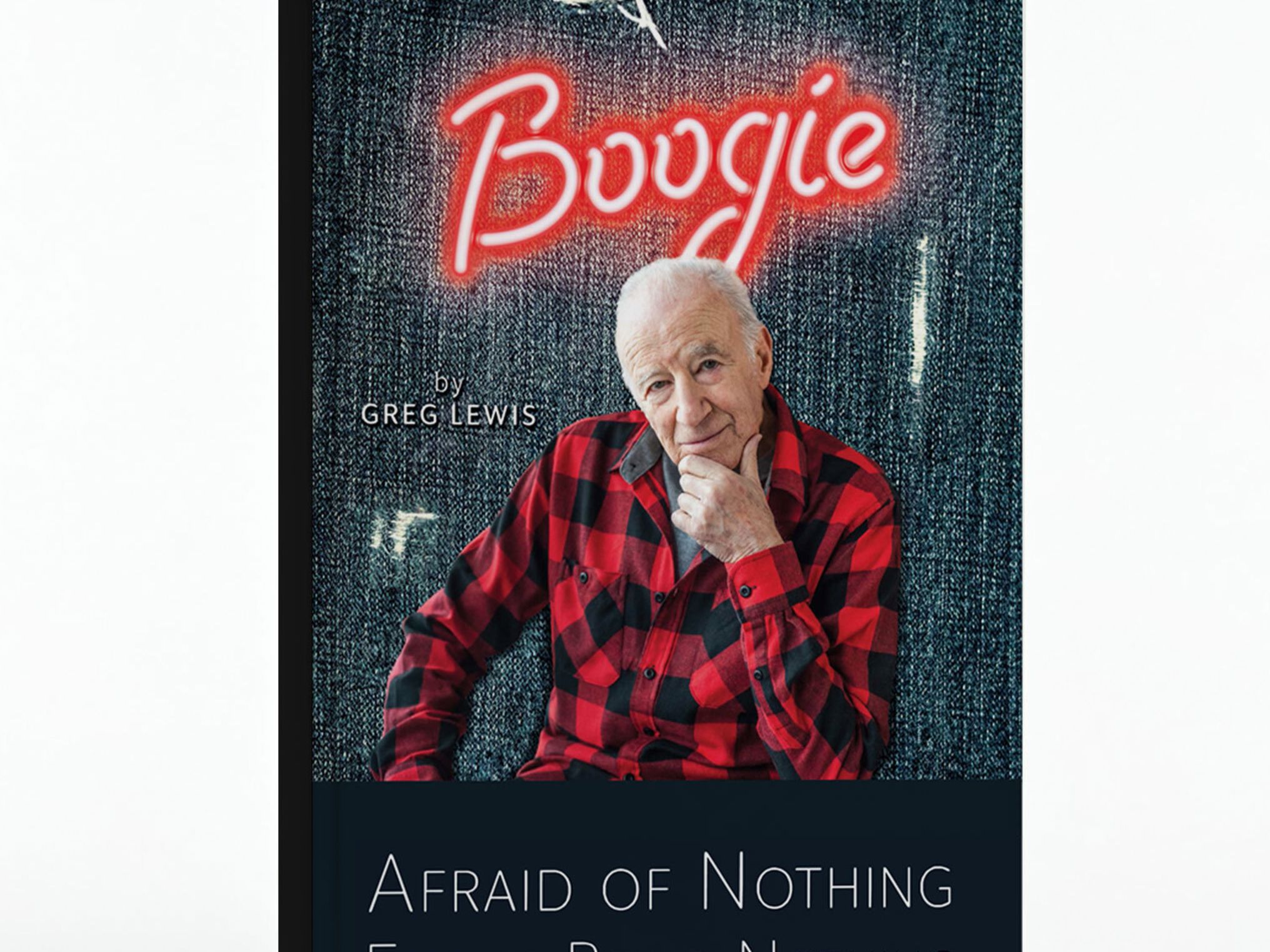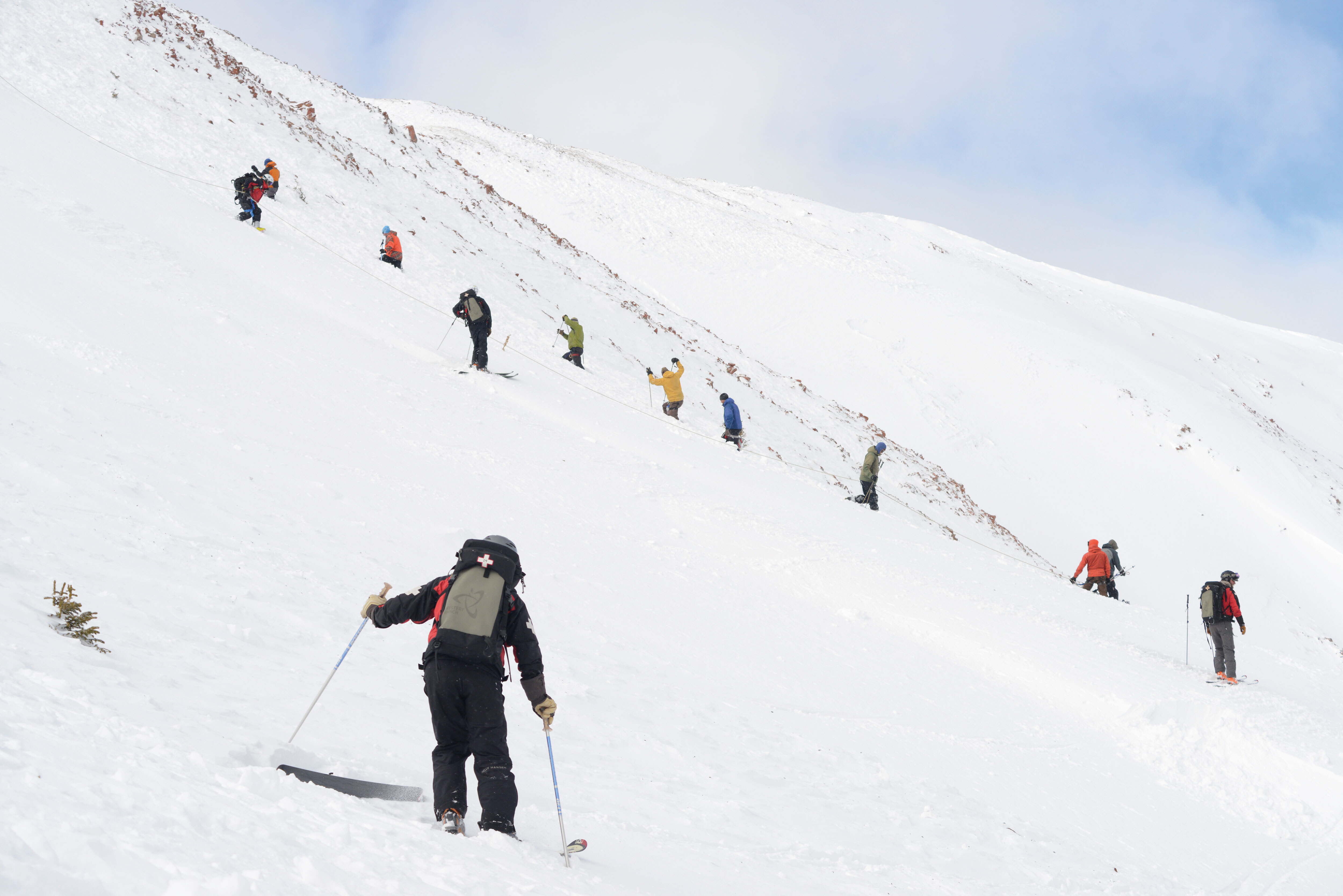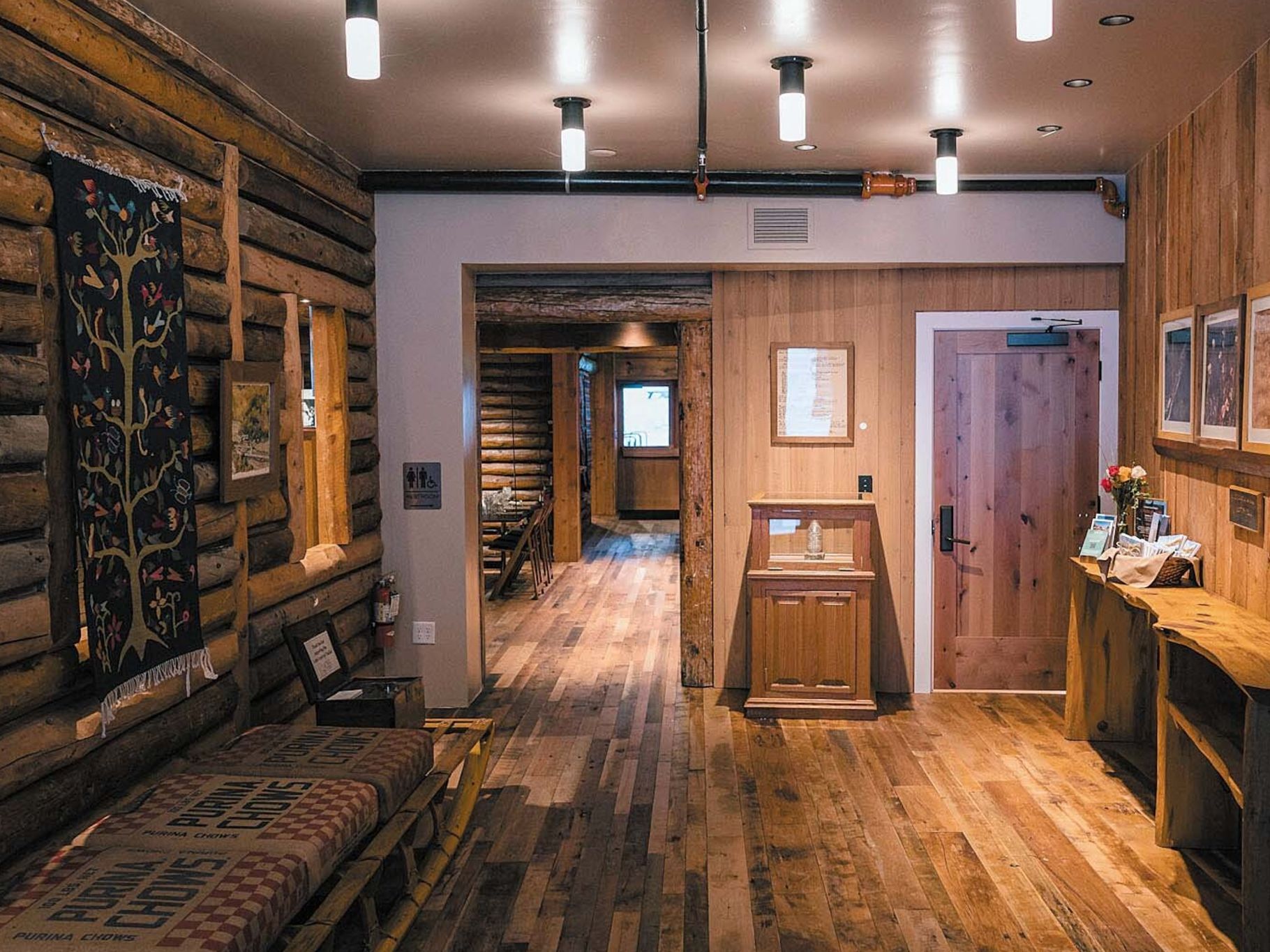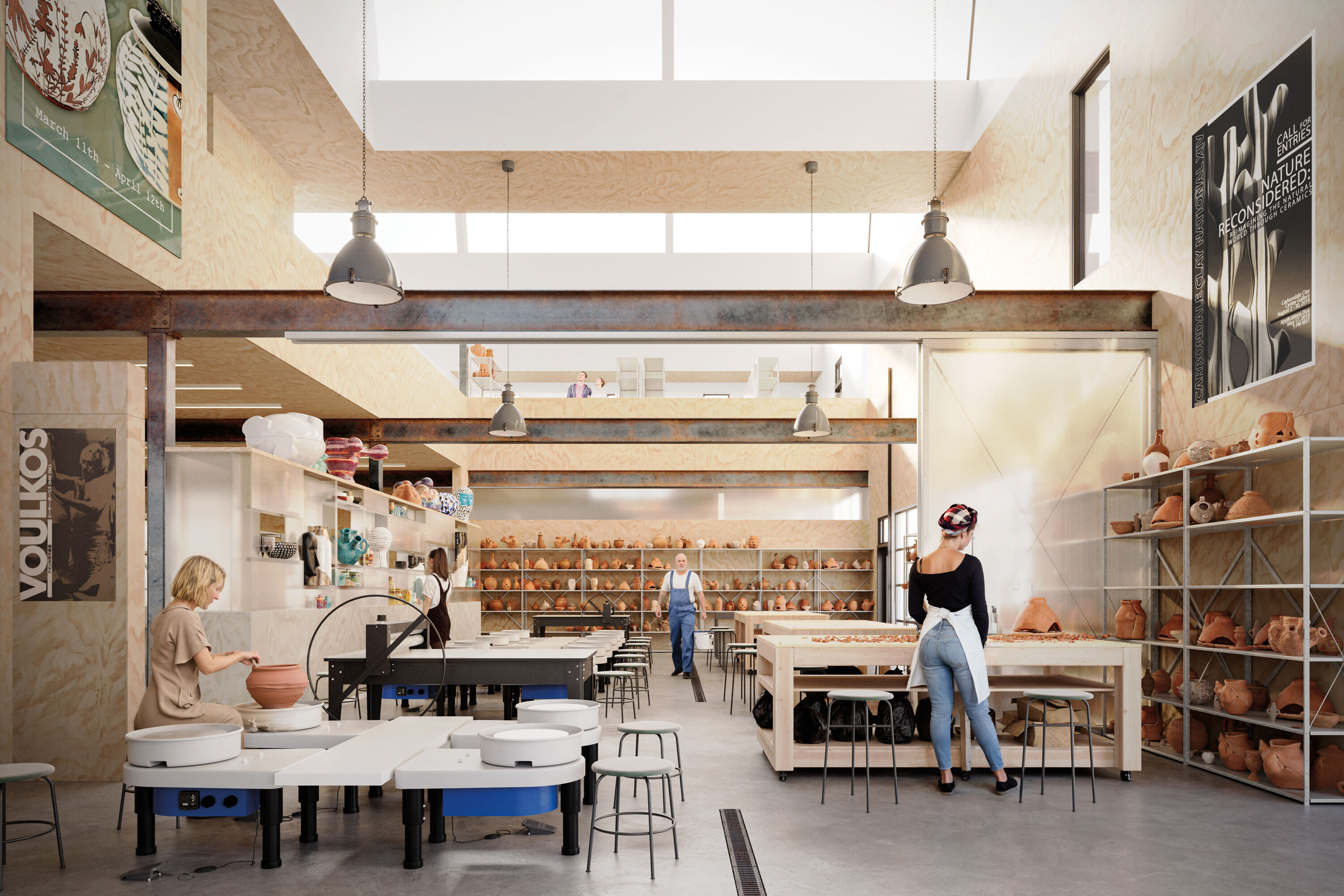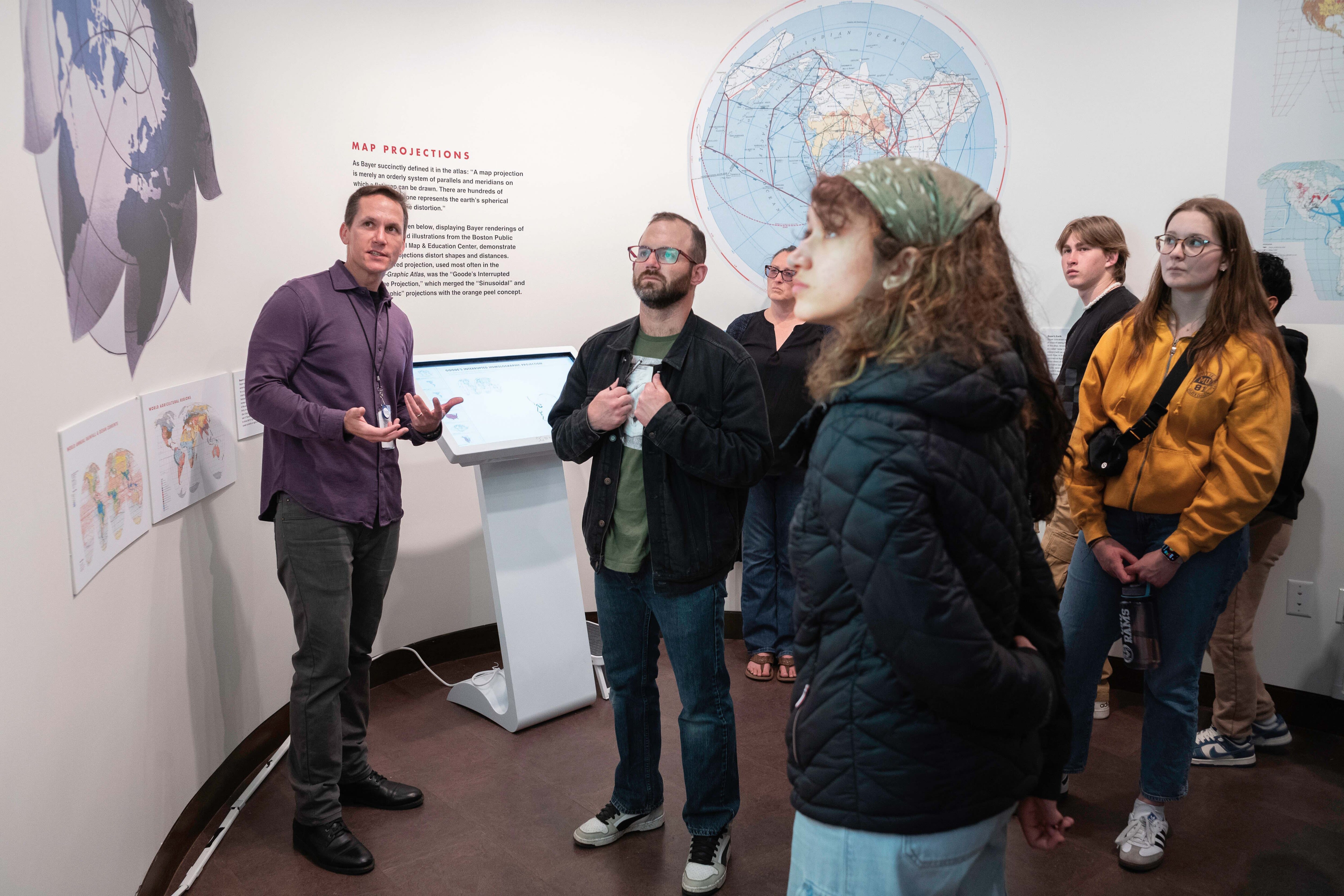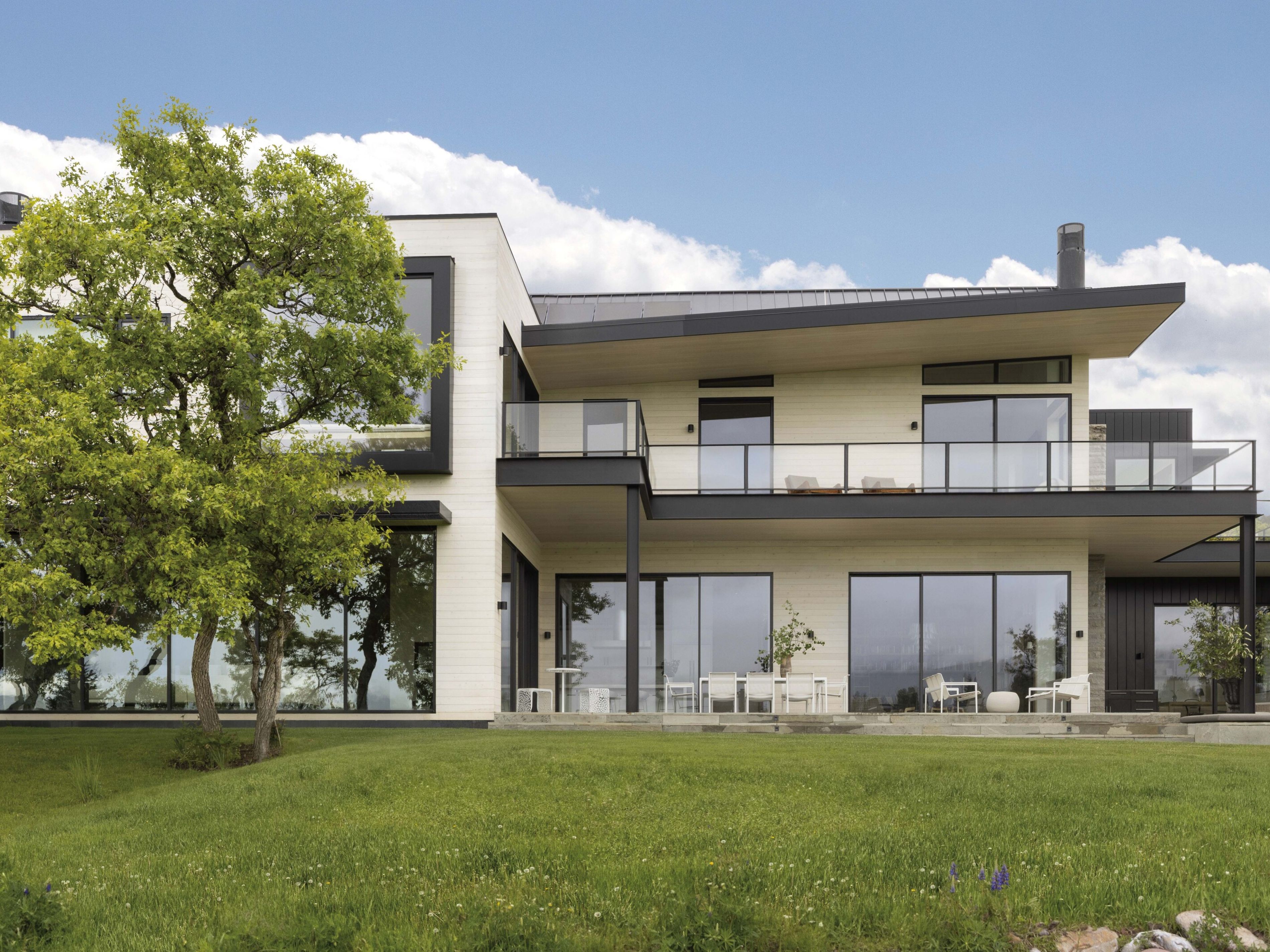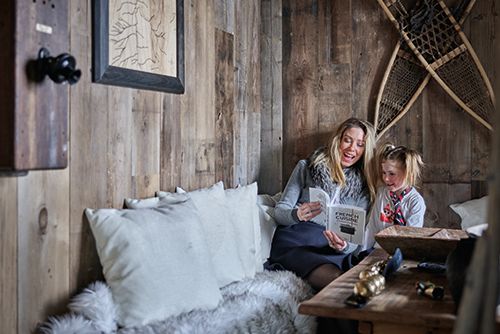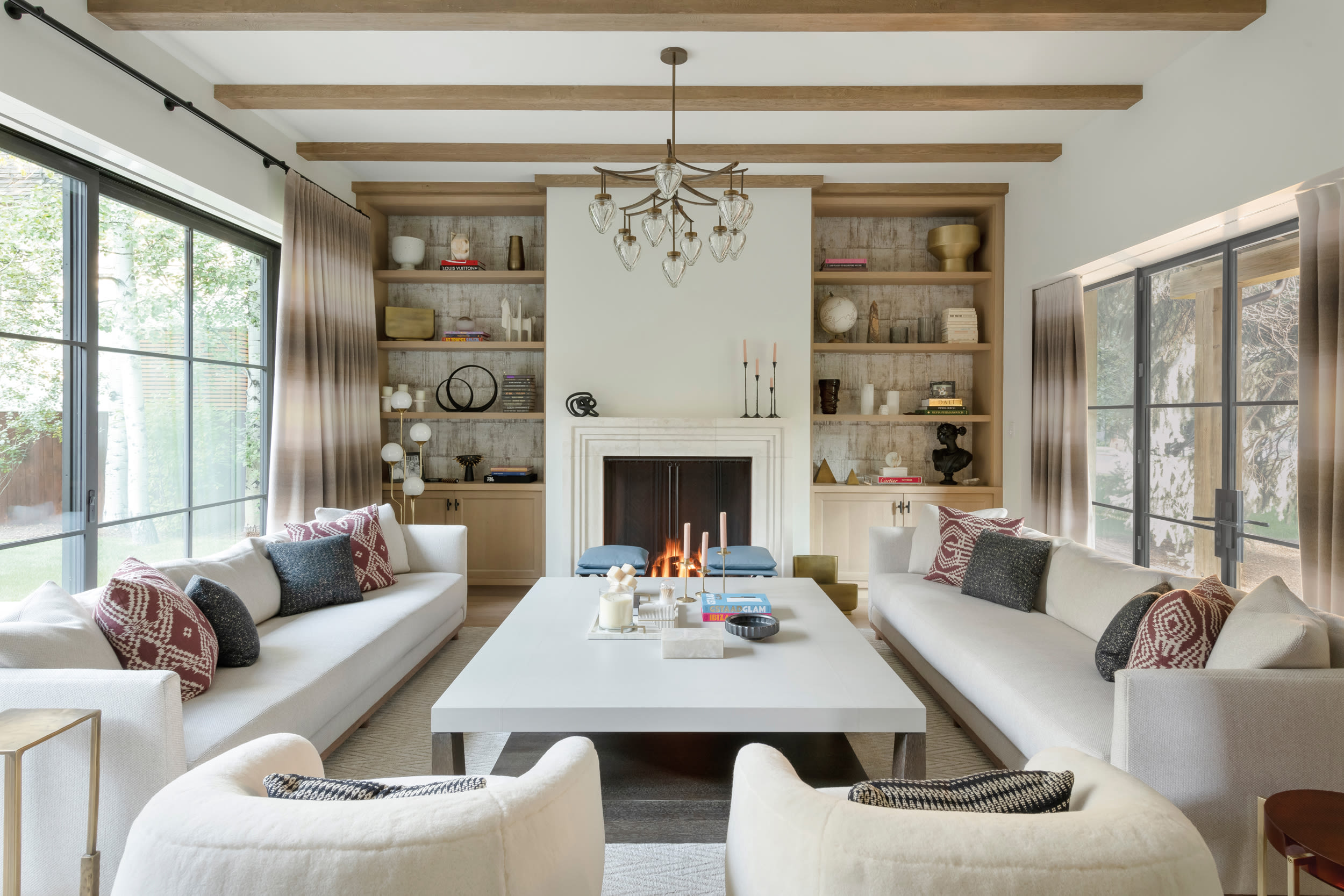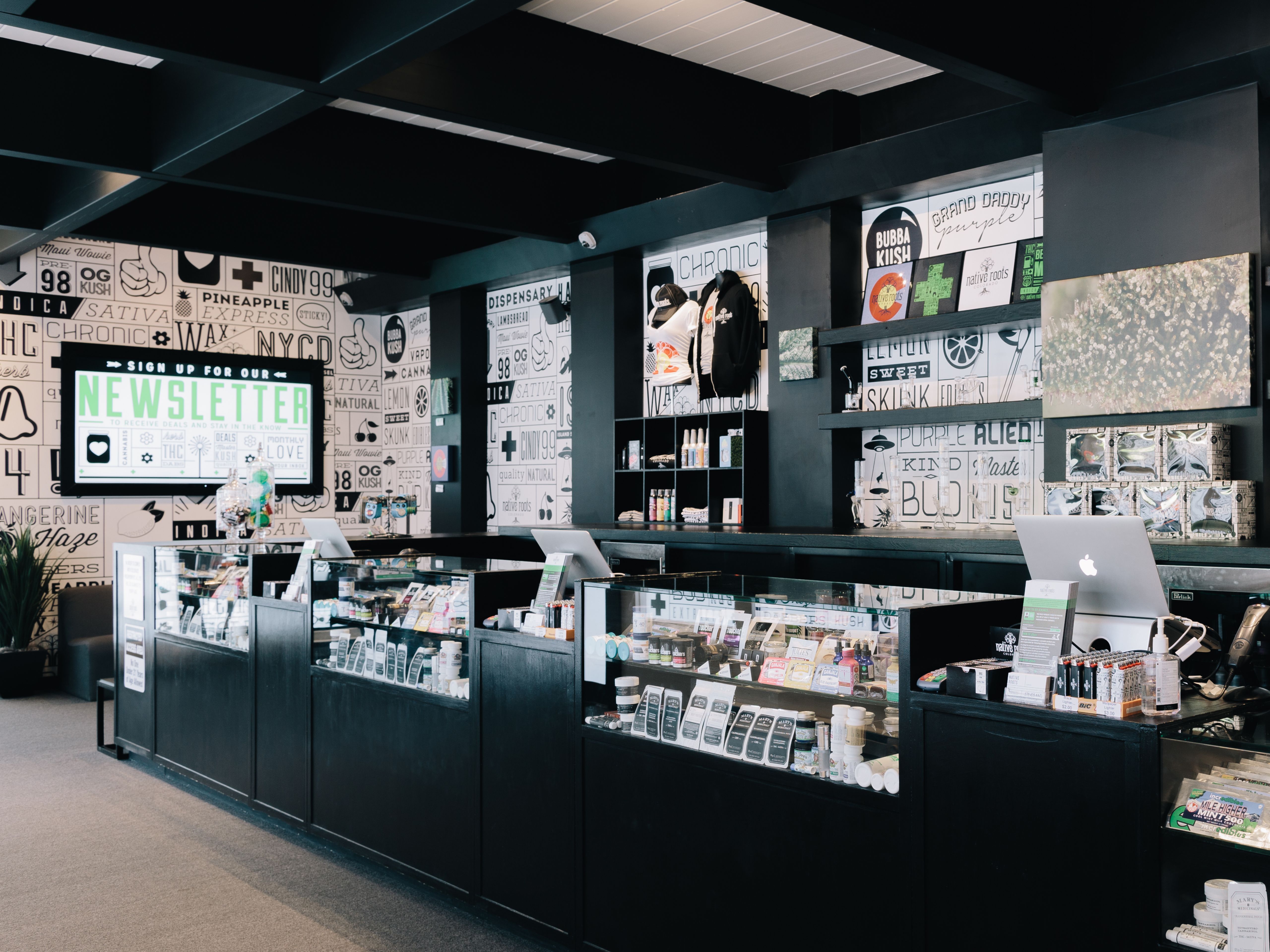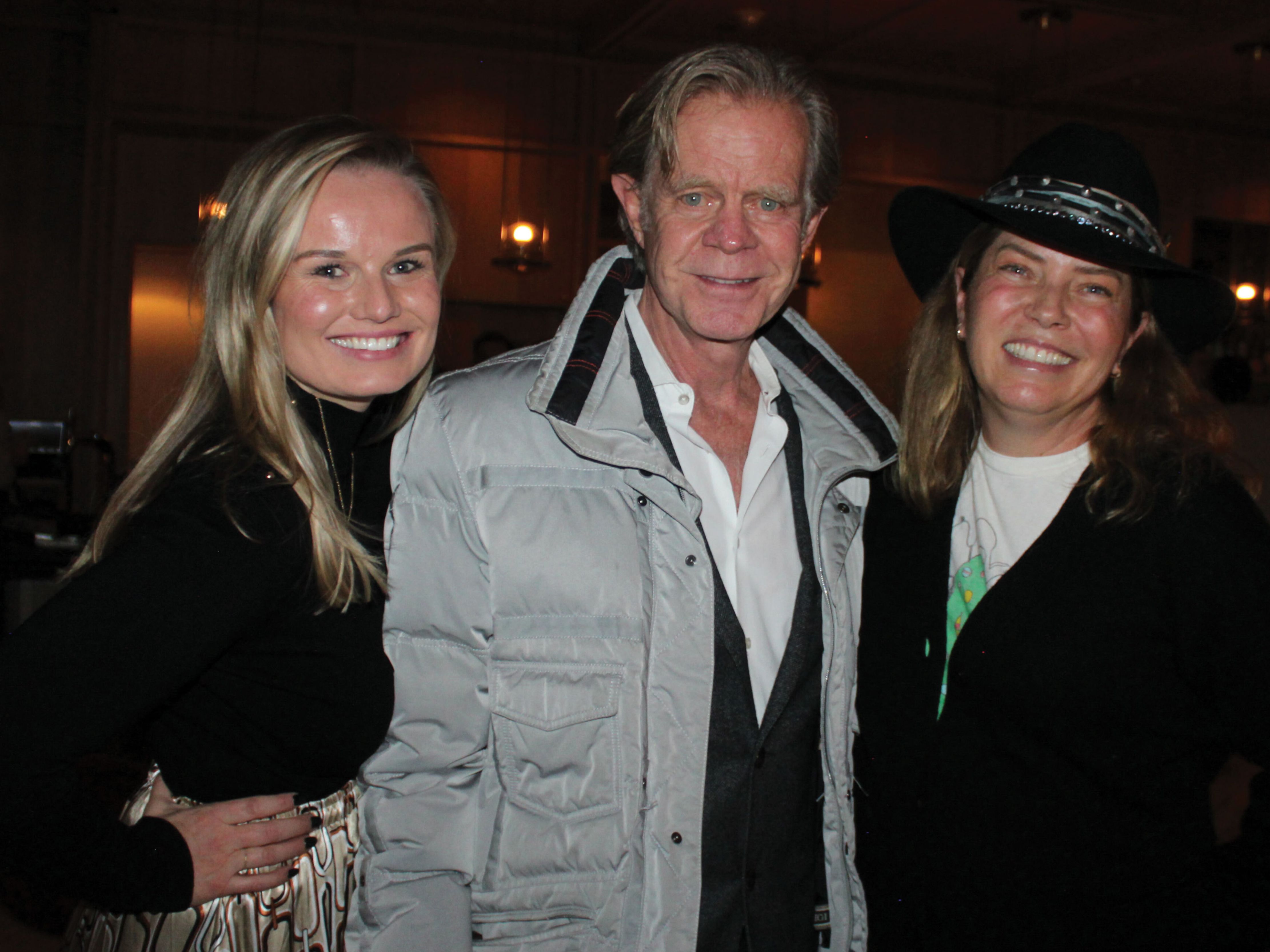Queen Cuisine
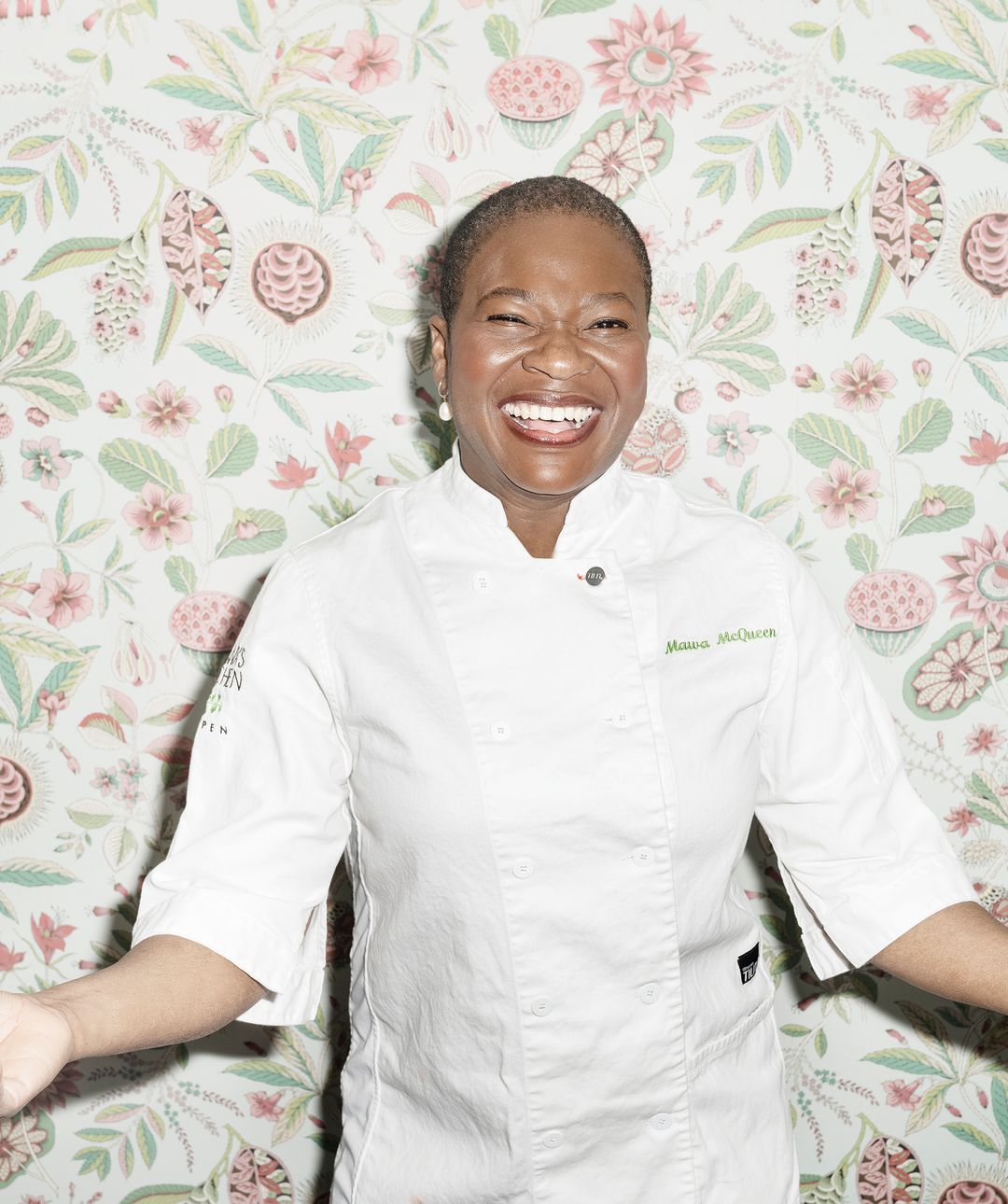
Mawa McQueen
Image: Karl Wolfgang
How did you feel when you learned you were a semifinalist for a James Beard Award earlier this year?
Good. Really good. I feel like all of my hard work for my business and who I am as a person is validated.
Especially as proprietor of Aspen’s only black-owned restaurant?
I never wanted to be defined by the color of my skin or where I came from. The African in me was gone by the time I arrived in 2002, because it didn’t serve me. I made a conscious decision to leave that behind.
You were born and raised in Côte d’Ivoire and moved to Paris when you were 15.
My mother went to France to “find herself.” She needed someone to cook for and look after [my 11 siblings]. That was left to me. I never told anyone about living in a Parisian ghetto, with 13 other individuals in a two-bedroom apartment. It was hell.
Compared to the Château Rouge area of Paris—known as Little Africa—Aspen must have been a culture shock.
Honey, there is no Black community here. I knew that, but it’s part of the game.... I didn’t enjoy France, because I never liked the way I was treated. I didn’t relate to the African population; I felt like I had a different way of thinking, with aspirations to follow my own path.
Can you give us a condensed version of that journey?
I was a bad student, so I was put in vocational school, and I loved that. I studied cooking, childcare, and administration, and in 1992 I went to culinary school and worked front-of-house in Paris and the French Alps. I moved to England to work as an au pair, server, and restaurant manager. Eventually, I got my green card so I could move to America.
You worked summers in Maine as a server at Kennebunkport’s White Barn Inn and winters in Colorado at sister hotel The Little Nell. Your initial impression of Aspen?
I was prepared for the worst, but Aspen didn’t meet my expectations. It treated me like a queen.
Is that why you changed your name?
No one has ever asked me about that! My real last name is Sidibe. From day one, I introduced myself as I created Aspen Mawa. McQueen was symbolic ... and it’s fucking Irish!
What was the dining scene like when you arrived here in 2002?
You had Little Ollie’s; there was a Mexican place with three-dollar margaritas. Most restaurants, you could eat at the bar for $12 to $15. The rich person might take the tables, but the service-industry people could have the same meal at the bar. We weren’t just there working, but living the life, you know?
Which must have seemed like a dream, given your origins.
I wanted to choose the narrative and earn [my place] here. Even though I was just a server at the Nell, everyone had respect for me: my employers, the staff, millionaires. I evolved there because everyone on staff was from somewhere else, and it didn’t matter. It was amazing. They saw me, not a poor woman from Africa.
In 2004 you started a catering company, one of the first food-related businesses in the Airport Business Center [ABC]. Was that location intentional?
It wasn’t by choice. I didn’t have the money for downtown, but it became a godsend.
How so?
I was blessed to be here first, and my business survived. I’ve been divinely favored by the people of Aspen, who didn’t see my color. I’m not part of the Aspen dining scene—I’m my own little island here, and I want to support others with stories similar to mine. I’m going to turn the ABC into a destination food hub by helping people from other cultures and diverse backgrounds who have great ideas: the little Thai or Indian place, the wood-fired restaurant. I enjoy the challenge, and I see it as my calling. Aspen needs more food culture.
And some might say more locally owned places like Mawa’s, which debuted in 2006. What inspired you to start cooking?
I was good at it. It was effortless for me. It was creative. I can make anything taste good—just try me. The passion came later: it lies in connecting people through food. My food is nothing special; I just want people to feel the hand that made it, you know? I want 90 percent of the things at the restaurant to be handmade, period. I don’t ask my employees for perfection, just that it’s made with intention. Processed food, convenience food, I can’t do it. Food is meant to be touched. It’s energy.
Speaking of energy: You must burn a lot of calories bustling between the front-of-house and your namesake kitchen.
My time working in kitchens in France was so bad. I made a deliberate decision to not cook unless I could work for myself.... When I greet people at the restaurant, they’re so excited that I’m actually there. But where else would I be? It’s my name on the door.
When do you sleep?
You don’t want to go to sleep when your passions and livelihood revolve around what you love. I’ll sleep when I’m dead.

